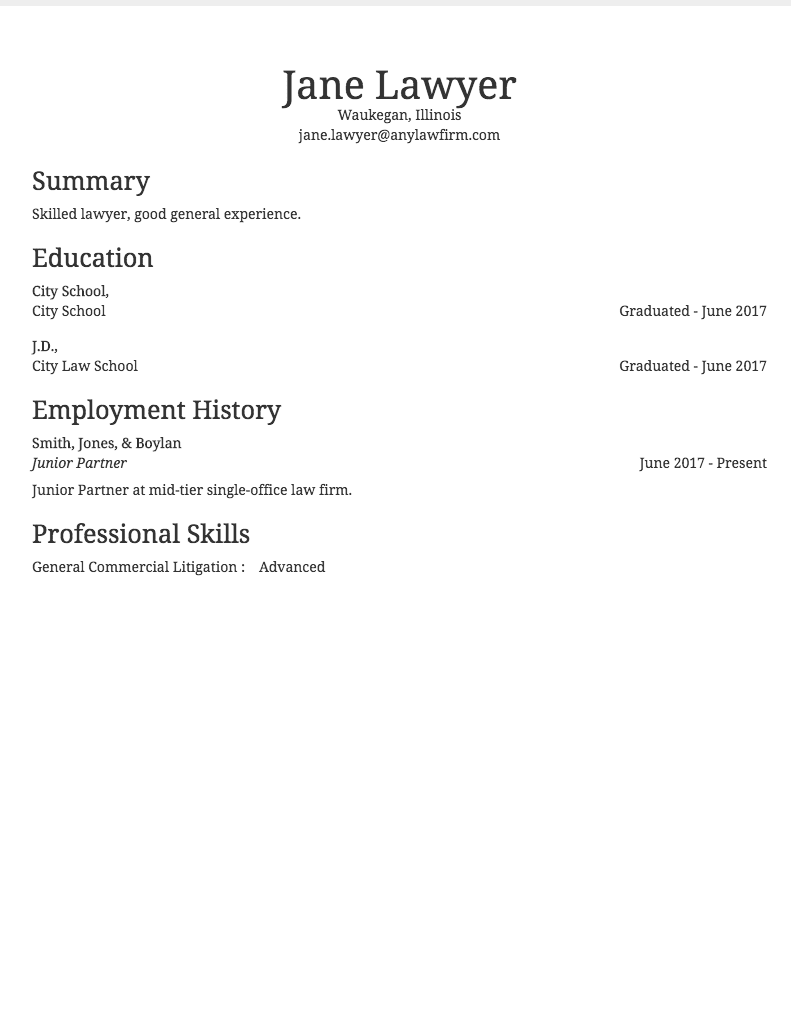So much consolidation has already occurred that in many markets the only remaining standalone law firms are either:
(1) fiercely independent, or
(2) mediocre.
That is, in many larger cities the leading smaller firms were acquired many years ago, in the first round.
This meant many elite large firms, desperate to plant a flag in a particularly strategic geography, have been forced to acquire B- or C-tier firms whose lawyers have B- or C-tier resumes.
In markets that have experienced significant merger activity, there aren’t many decent single-office firms left.
This has created the awkward situation where elite large firms, desperate to find a partner in a particular city, are acquiring third-rate firms full of lawyers who would have been quickly rejected if they’d applied individually.
If the big law firms can’t claim law review or Ivy League pedigrees, then what’s their value proposition? How can firms justify charging $950 per hour for lawyers who graduated in the “top 60%” of their class?
I’ve been seeing major academic mismatches in major markets.
What are those big firms selling? Size or Skill?
Are they “international” or “intellectual”?
It’s going to be interesting to see whether clients start to notice the disparity and resist paying premium prices for mid-tier resumes. Note, I’m not suggesting that Ivy League, Law Review, or Order of the Coif credentials automatically create better lawyers. Of course, the big firms have historically suggested that this is so.
Where is this trend going?
What’s the next decade going to look like?
Many of the remaining independent firms enjoy their autonomy. They’re not intractable, just reluctant. They’re not desperate, they can afford to wait for the right firm to come along, if it comes along, however long that takes. Which means the large firms that want to attract the best merger or acquisition partners must understand precisely what their value proposition is. How are they different? Better? Sure, profitability is attractive, but that’s not enough.
In fact, high hourly rates is a double-edged sword, as it means that they’ll likely lose some of their best clients who can’t afford to pay higher rates, or choose not to. And they’ll lose some of the partners who represent them, departing after the merger to smaller firms with small-firm rates.
That is, unless there’s something unique about the merger candidate. What do they offer that wasn’t previously offered by every other big firm that’s come knocking over the past decade? A legitimately unique culture? True innovation? Better diversity? Is that firm run by a Kirk?



